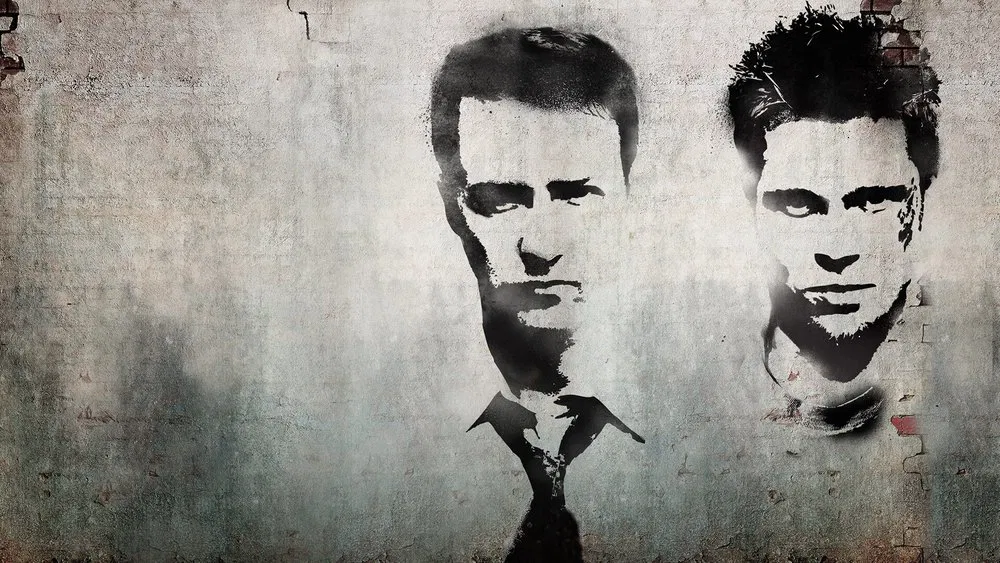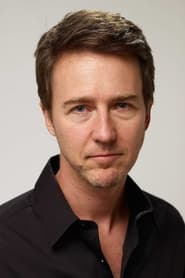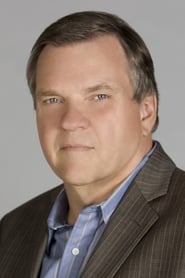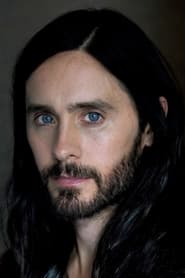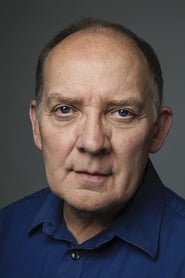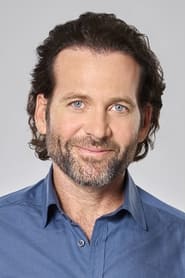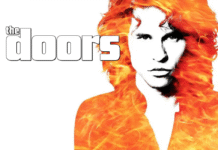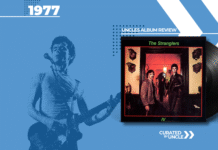Fight Club (1999): Beating the Crap Out of Consumerism Since 1999
Let’s just rip the bandage off: the first rule of Fight Club is… everyone talks about Fight Club. And then misinterprets it. Badly.
Released in 1999 when we still thought dial-up internet was impressive and Starbucks was just a coffee shop Fight Club exploded like a Molotov cocktail hurled at a Tesla showroom window. It was written by Chuck Palahniuk, adapted by Jim Uhls and directed by David Fincher, a man whose cinematic aesthetic screams, “Everything is awful and here’s why.”
At surface level, it’s about two guys punching each other in a basement. Scratch beneath that surface, though and you’ll find a festering mass of existential dread, toxic masculinity, anti-capitalist rage and enough bro-nihilism to power an entire Reddit thread.
Table of Contents
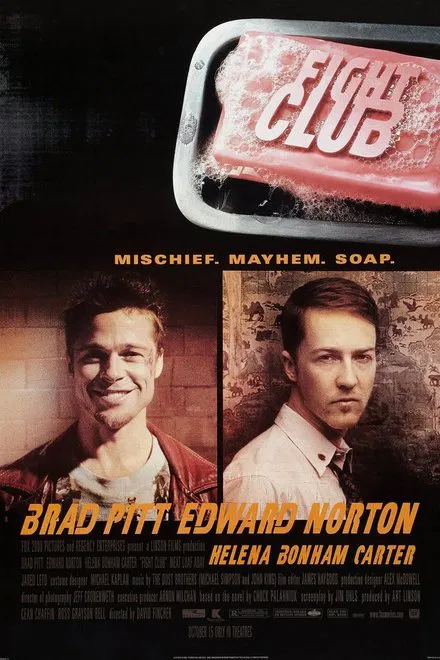
Plot: Man Buys Sofa, Has Mental Breakdown, Starts Anarchy Club
The story follows a nameless narrator (played by Edward Norton) a walking advertisement for sleeplessness, depression and corporate soul death. By day, he’s an office drone with a severe IKEA addiction. By night, he cries at support groups for illnesses he doesn’t have. You know, standard 1990s coping mechanisms.
Then he meets Tyler Durden (Brad Pitt)—a soap-making, chaos-loving, fight-starting guru of glorious mayhem. Together, they create Fight Club, a place where emasculated men beat the existential dread out of each other.
But wait—there’s more. As the bruises deepen, so does the philosophy. Fight Club morphs into Project Mayhem, a terrorist-lite frat for disillusioned men with daddy issues and too much free time. Cue buildings exploding, personalities fracturing and capitalism crying in the corner.
Brad Pitt as Tyler Durden: The Cult Leader You’d Swipe Right On
Tyler Durden isn’t a man, he’s a god-tier fantasy for every repressed male office worker who’s ever screamed into their ergonomic pillow. Shirtless, smug and spouting anarchist manifestos like he’s been mainlining Nietzsche, Tyler is the manifestation of everything the narrator wishes he could be.
Brad Pitt chews the scenery and probably a bar of soap with an energy that’s half sex god, half apocalypse clown. He’s magnetic, dangerous and absolutely full of crap. But damn if he doesn’t look good doing it.
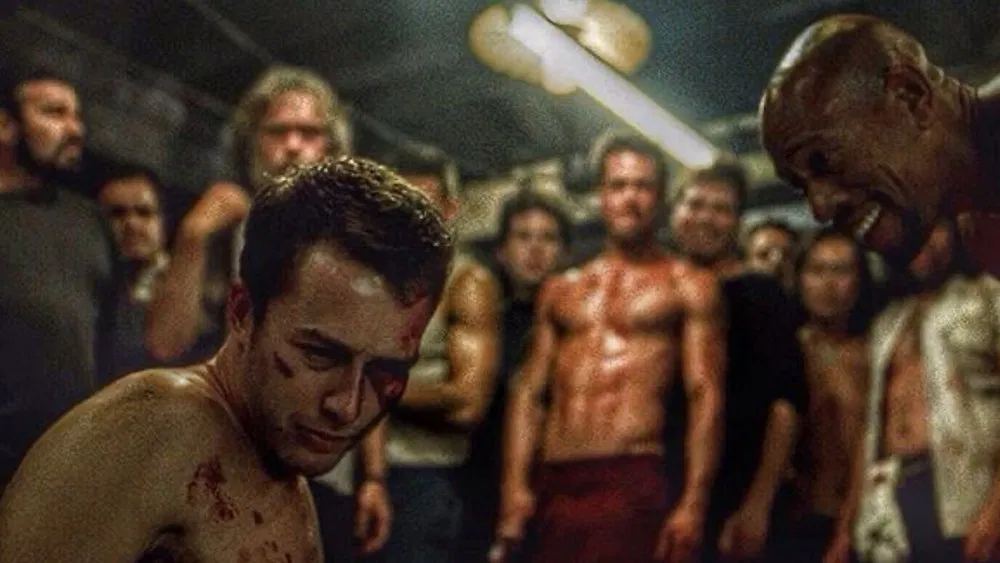
Edward Norton: The Man Who Wouldn’t Sleep
Norton’s performance as the unnamed narrator is peak ’90s existential despair. He’s twitchy, gaunt and dead-eyed in that “I’ve read Zen and the Art of Motorcycle Maintenance too many times” kind of way.
His transformation from passive consumer to full-blown revolutionist (with schizophrenia, naturally) is the central thread. Watching him unravel is like watching a man realise his entire personality is just ads and regret. And we love to see it.
Direction & Style: David Fincher’s Miserable Playground
David Fincher brings his signature visual cynicism to the party, every frame feels dirty, diseased and slightly radioactive. The editing is chaotic, the lighting is grimy and the mood is “somewhere between a panic attack and a hangover.”
The film bends reality before snapping it over its knee. Narration bleeds into hallucination. Time warps. Space collapses. IKEA catalogues appear mid-monologue. It’s not just fourth-wall-breaking, it’s fourth-wall-punching.
Themes: Masculinity, Identity and Capitalist Rot
At its black heart, Fight Club is a reaction to modern manhood being reduced to deodorant ads and open-plan offices. It asks the question: What happens when a generation of men raised by TV is told they’re not going to be rock stars, athletes, or gods?
Answer: They form underground clubs where they beat each other senseless and blow up credit buildings. Obviously.
It’s also a scorching critique of consumerism the narrator’s spiritual journey starts with him buying the perfect sofa and ends with him rejecting materialism via self-inflicted gunshot. Subtle, it ain’t. But effective? Oh yes.
The Twist: Schizophrenia, But Make It Stylish
Spoiler alert (seriously, where have you been?): Tyler Durden isn’t real. He’s the narrator’s alter ego. The whole time, the man has been fighting himself literally and metaphorically. Cue existential nausea.
It’s a twist that redefined the genre and spawned a thousand bad imitations. But Fight Club earns it. The clues are everywhere flash frames, missing time, strange reactions. Rewatch it, and you’ll feel like a fool for not seeing it sooner.
Which is kind of the point. Much like life.
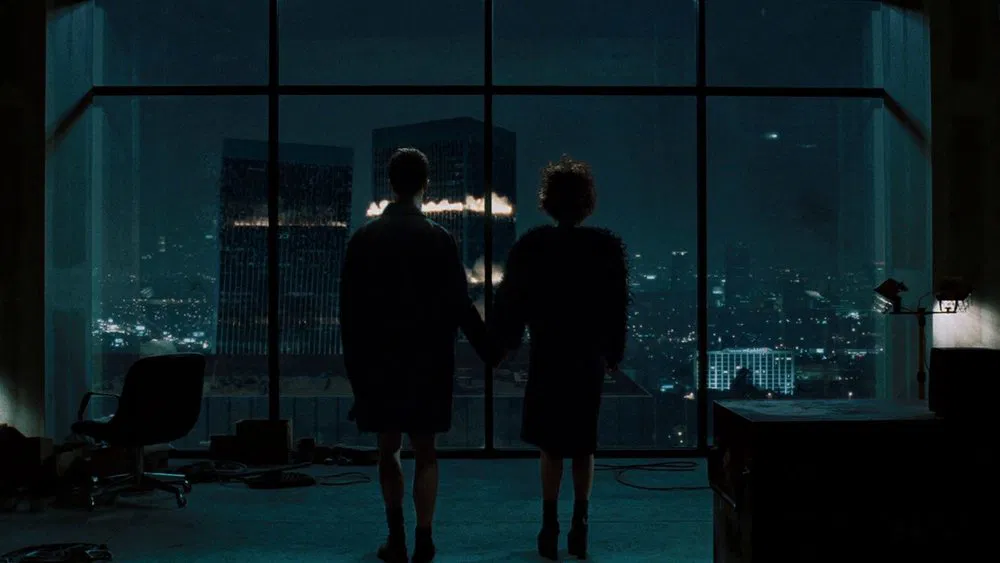
The Controversy: Bro-Culture Totally Missed the Point
Here’s the tragic irony: Fight Club was meant to satirise toxic masculinity and blind devotion to ideology. Instead, it was adopted by the very types it was skewering.
Tyler Durden became a poster boy for edgy dorm rooms and bored finance bros quoting, “You are not your job,” while crushing protein shakes in the gym. It’s like reading 1984 and thinking Big Brother seems like a cool boss.
If you think Fight Club is a how-to guide, please seek help. Immediately.
The Legacy: Still Punching After All These Years
Fight Club flopped at the box office, only to rise from the ashes like a shirtless, bloody phoenix via DVD sales and cult fandom. It’s now taught in film schools, memed into oblivion and dissected endlessly on YouTube by men in beanies with PhDs in Overanalysis.
It’s more than a film. It’s a cultural litmus test. If you love it for the right reasons, it’s genius. If you love it because you think Tyler had some great ideas, congrats, you’ve missed the point harder than Jared Leto’s face.
Recommended If You Like:
- Misinterpreting satire as gospel
- Internal screaming with a six-pack
- Films that end with buildings exploding and relationships imploding
- The soothing sounds of anarchist rage
- Wondering if IKEA furniture is the root of all evil
My Final Thoughts: Let’s All Calm Down, Have Some Tea and NOT Start an Anarchy Club
Fight Club endures not because it tells us to smash the system, but because it shows us what happens when we try and fail to replace it with chaos and charisma. It’s a warning, not a wish list.
Yes, it’s violent. Yes, it’s aggressive. But beneath the fists and fire lies a nervous breakdown wrapped in a manifesto. It’s angry because we’re all stuck in a system that lies to us about happiness, success and furniture.
And the real twist? You can’t punch your way out of that.

If You Like Fight Club, I Recommend These Movies:
- American Psycho: Business Cards, Blood, and Narcissism
- Joker: Mental Health Crisis in Clown Shoes
- Network: I’m Mad As Hell, And Still Watching TV

Fight Club
Narrator
Tyler Durden
Marla Singer
Robert Paulson
Angel Face
Richard Chesler (Regional Manager)
The Mechanic
Ricky



